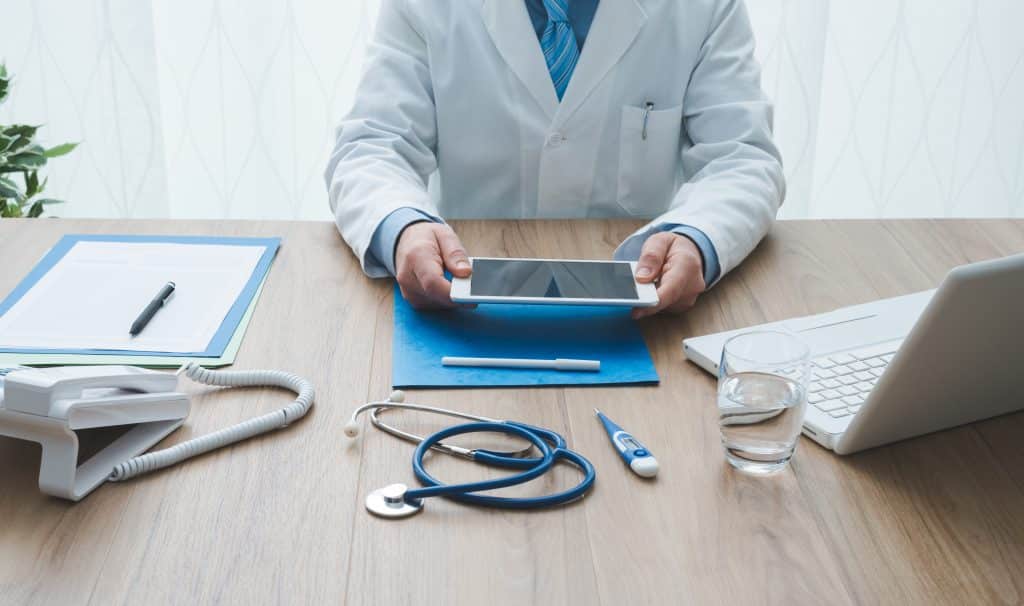Technology certainly plays an important part in today’s world. It is the case in healthcare, where without it, our system would not be as efficient as it currently is. There are a few technologies that are particularly important or growing as we write these lines, but we tried to focus on two of them in the article below, to provide readers with a better understanding on the subject of self-testing, and how AI is playing a new role in healthcare.
How COVID-19 helped the Growth of the Medical Testing Devices Market
In one way, we are only at the very beginning of this technology, while in another, we have been reaching a culminating point. For the latest of the two, it is clear to see when we understand that a multi-mode microplate reader can now do tests such as the ones detecting the coronavirus. But it can also proceed to many others, all at once, which is helping science evolve at a faster pace. The laboratories capacity to detect and act upon its learning, has reached a height that really enables scientists to do their work as efficiently as can be. That, coupled with AI (Artificial Intelligence), which we will delve into later, is enabling healthcare researchers to gain knowledge that it was simply impossible to attain, before.
But the medical testing devices are also heading out on the streets, and into the hands of patients. The growth in this field is due in large part to the coronavirus, that saw pharmacies invaded with self-COVID-19 tests. It showed that people were willing and ready to handle that part of their well-being. It certainly will help free hospitals and clinics, and save money for States as well. That is why you will see many more of them being launched in the near future, enabling people to check themselves for various illnesses and health issues, such as diabetes.
How AI is involved in Healthcare
In case some of you have no idea, what AI is, let’s start by a quick description of what it does. By entering a large amount of data into a computer, a programmer can ask the machine to make deductions by cross-referencing them. It does so through the use of algorithms. It enables (in a way) the computer to think, learn and make decisions, before suggesting actions. From that, it is easy to see how it can be helpful in our healthcare system.
By placing all medical information of a patient, or of all medical records for a given region or even a country, the AI will be able to suggest diagnoses, medications and treatment plans. Of course, for now at least, the physician will be the one to confirm and to write prescriptions for patients. But in the long run, the AI could do much more. It could predict the rise of certain illnesses and how to prevent it, as one example. That is how important this technology should become for the health industry in the future. Especially to drug companies, that will be able to predict which medication will be needed the most, in the near future.
